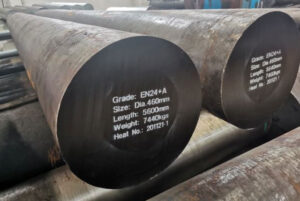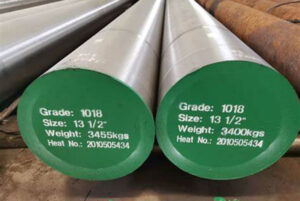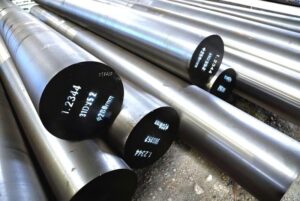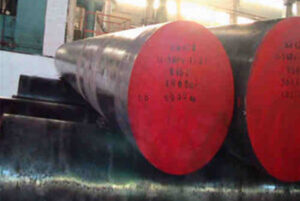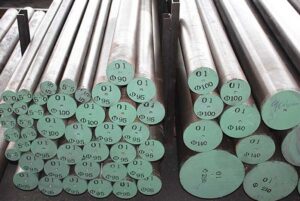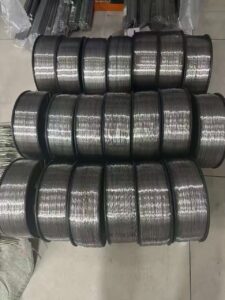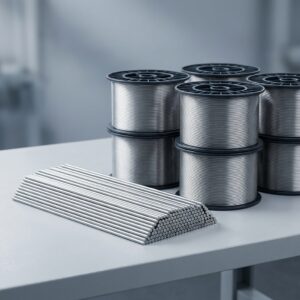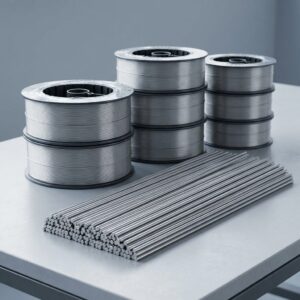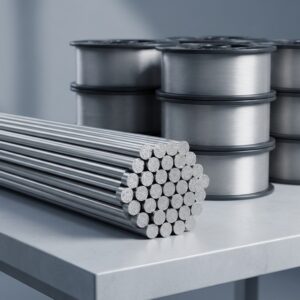In the realm of metals, some alloys stand out like champions. They possess a unique blend of strength, versatility, and workability that make them invaluable for a wide range of applications. 4130 alloy steel is one such champion, a material that has earned its reputation as a dependable workhorse across numerous industries.
But what exactly makes 4130 so special? Delve into this article and we’ll embark on a journey to uncover the secrets of this remarkable steel. We’ll explore its composition, delve into its properties, and discover the countless ways it’s utilized in our world.
An Overview of 4130 Alloy Steel
4130 alloy steel, also known as chromoly (chrome-moly) steel, belongs to the group of low-alloy steels. Imagine a spectrum of steel types, with plain carbon steel on one end (simple and versatile) and high-alloy steels on the other (complex and specialized). 4130 sits comfortably in the middle ground, offering a balance between affordability and enhanced properties.
The secret to 4130’s success lies in its key alloying elements: chromium (Cr) and molybdenum (Mo). These elements act as strengthening agents, boosting the steel’s inherent strength without sacrificing its workability. Think of it like adding spices to a dish; a pinch of chromium and molybdenum adds a significant flavor of strength without overwhelming the base material.
This carefully crafted composition grants 4130 several desirable characteristics:
- Good Strength: Compared to plain carbon steel, 4130 offers significantly higher strength, making it suitable for applications that demand durability under load.
- Weldability: Unlike some high-alloy steels that become brittle when welded, 4130 retains good weldability, a crucial feature for creating complex structures.
- Machinability: In its annealed state, 4130 can be machined relatively easily, allowing for efficient shaping and fabrication.
- Toughness: 4130 exhibits good toughness, meaning it can absorb impact without fracturing, a vital characteristic for components that might experience sudden stresses.
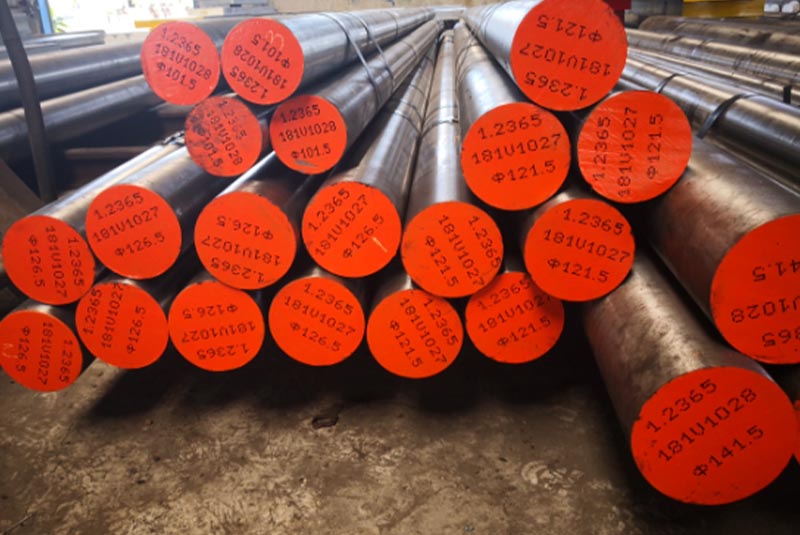
Understanding the Composition of 4130 Alloy Steel
Let’s delve a bit deeper into the nitty-gritty of 4130’s composition. Here’s a table outlining the typical composition of 4130 steel:
| Nguyên tố | Percentage (wt%) |
|---|---|
| Carbon (C) | 0.25 – 0.33 |
| Manganse (Mn) | 0.4 – 0.6 |
| Phốt pho (P) | Max 0.035 |
| Lưu huỳnh (S) | Max 0.035 |
| Silicon (Si) | 0.15 – 0.35 |
| Crôm (Cr) | 0.8 – 1.10 |
| Molypden (Mo) | 0.15 – 0.25 |
| Sắt (Fe) | Cân bằng |
As you can see, carbon forms the base of the alloy, providing the foundation for strength. Manganese acts as a deoxidizer and grain refiner, while small amounts of phosphorus and sulfur are kept to a minimum to avoid brittleness. Silicon aids in weldability and improves strength, while chromium and molybdenum are the key players, enhancing overall strength and hardenability.
The Diverse Applications of Thép hợp kim 4130
The versatility of 4130 alloy steel shines through in its extensive range of applications. Here’s a glimpse into some of the industries that rely heavily on this remarkable material:
| Ngành công nghiệp | Ứng dụng |
|---|---|
| Không gian | Aircraft frames, landing gear components, engine mounts |
| Ô tô | Roll cages, high-performance suspension components, drive shafts |
| Dầu khí | Drill pipes, well casings, pressure vessels |
| Xây dựng | Cranes, bridges, scaffolding |
| Quân sự | Armor plating, weapon components, vehicle parts |
| Xe đạp | Frames, handlebars, forks (high-performance models) |
| Firearms | Barrels, receivers (certain models) |
The Many Faces of 4130: Grades, Standards, and Specifications
4130 isn’t a one-size-fits-all solution. Depending on the specific application, different grades and variations of 4130 might be employed. Here’s a breakdown of some key aspects to consider:
- Grades: 4130 comes in various grades, with designations like 4130H (high hardenability) and 4130V (modified with vanadium for enhanced toughness). These variations cater to specific needs within an application.
- Standards: 4130 adheres to various industry standards set by organizations like ASTM International (American Society for Testing and Materials) and SAE International (Society of Automotive Engineers). These standards ensure consistent material properties and performance across different manufacturers.
- Specifications: Within each grade and standard, specific size and shape variations exist. 4130 can be found in various forms, including:
- Plates: Flat sheets of varying thickness used for structural components.
- Bars: Solid round, square, or rectangular sections for axles, shafts, and machined parts.
- Tubes: Hollow sections, round or square, for applications requiring strength with reduced weight.
- Sheets: Thin, flat sections for applications requiring formability and lighter weight.
Metal Powders for Additive Manufacturing
With the rise of additive manufacturing (3D printing), metal powders have become a viable option for producing complex shapes from 4130 alloy steel. Here are some specific metal powder models to consider:
- Höganäs M270: A gas-atomized 4130 powder known for its excellent flowability and printability. Offers good mechanical properties after post-processing.
- AMPA AM4130: Another gas-atomized option with high powder purity and good packing density, leading to high-quality printed parts.
- Carpenter CP-M270: A nitrogen-atomized powder specifically designed for additive manufacturing. Offers high strength and hardenability after heat treatment.
- SLM Solutions SX | CP M270: A pre-alloyed powder optimized for use with SLM (Selective Laser Melting) printers. Provides good mechanical properties and dimensional accuracy.
- EOS M 270: A gas-atomized powder developed for use with EOS metal 3D printing systems. Offers consistent particle size distribution and good printability.
- ExOne M270: A binder jetting-compatible powder with a spherical morphology for smooth printing and good detail resolution.
- Proto Labs 4130: A proprietary metal powder blend offered by Proto Labs for their additive manufacturing services. Provides a balance of strength, ductility, and printability.
- Freedom Alloys AM4130: A gas-atomized powder with a narrow particle size distribution, leading to good surface finish and mechanical properties in printed parts.
- Additive Manufacturing Inc. (AMI) 4130: A nitrogen-atomized powder known for its high density and good flowability. Offers good performance after heat treatment.
- Elementum 4130: A gas-atomized powder with a spherical morphology for optimal printability and good mechanical properties in the finished part.
It’s important to note that these are just a few examples, and the selection of the optimal metal powder will depend on the specific application and desired properties. Factors like particle size, flowability, and compatibility with the chosen printing technology all play a role in the decision-making process.
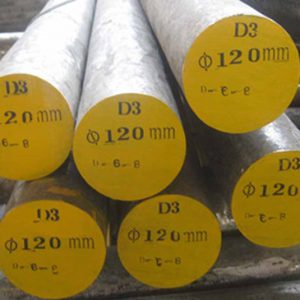
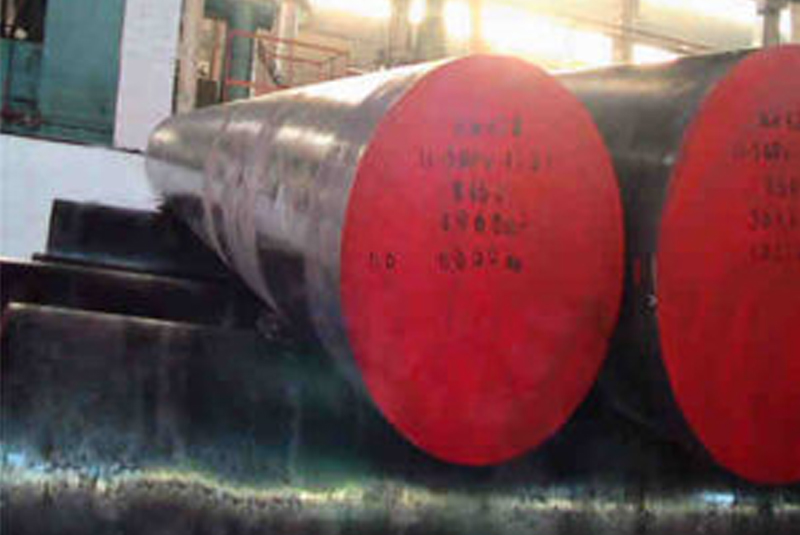
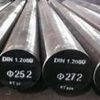
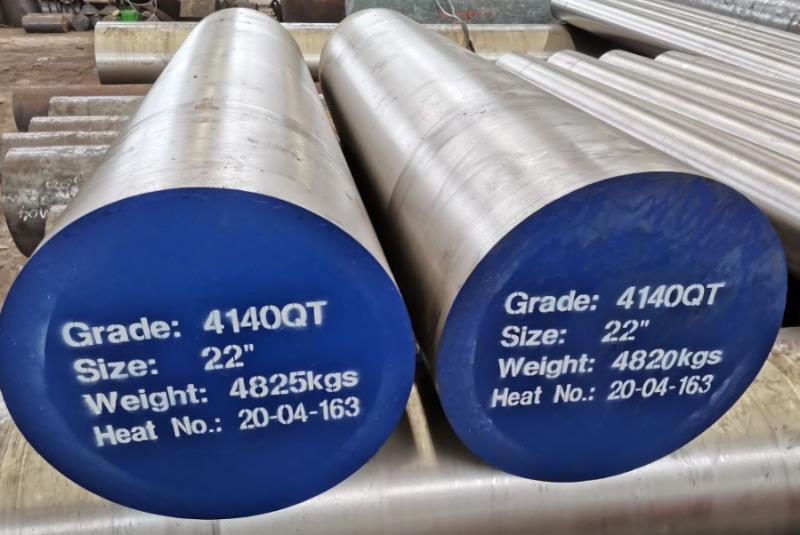
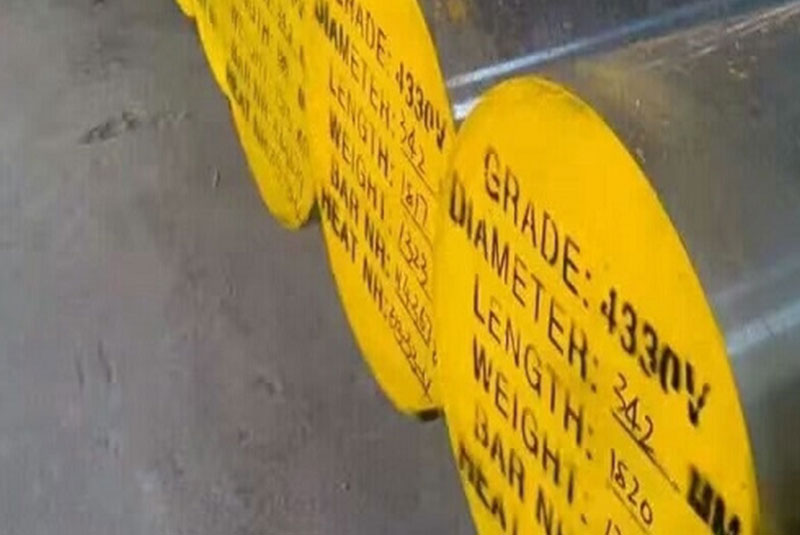
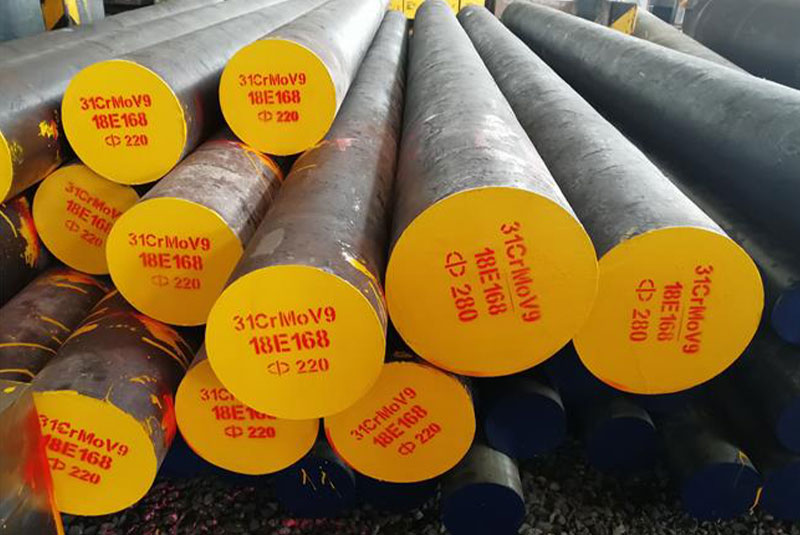
The Pros and Cons of Thép hợp kim 4130
No material is perfect, and 4130 has its own set of advantages and limitations:
Advantages:
- Excellent Strength-to-Weight Ratio: Compared to plain carbon steel, 4130 offers significantly higher strength while maintaining a decent weight. This makes it ideal for applications where weight reduction is crucial, such as in aerospace and high-performance automotive components.
- Good Weldability: Unlike some high-alloy steels, 4130 can be welded effectively, allowing for the creation of complex structures from multiple pieces.
- Machinability: In its annealed state, 4130 can be machined relatively easily, reducing fabrication costs and enabling the creation of intricate shapes.
- Toughness: 4130 exhibits good toughness, making it suitable for applications that experience shock or impact loads.
- Versatility: The wide range of grades and available forms (plates, bars, tubes, etc.) allows 4130 to be utilized in a vast array of industries.
Disadvantages:
- Cost: Compared to plain carbon steel, 4130 is more expensive due to the presence of alloying elements and the additional processing involved.
- Heat Treatment: To achieve its full potential strength, 4130 often requires heat treatment, which adds another step to the manufacturing process and can increase overall cost.
- Corrosion Resistance: While not inherently prone to rust, 4130 is not considered a stainless steel. For applications requiring superior corrosion resistance, other materials might be more suitable.
Choosing the Right Material
Selecting the right material for a particular application involves a careful balancing act. Here are some key considerations when deciding if 4130 is the best fit for your needs:
- Required Strength: If your application demands high strength-to-weight ratio, 4130 is a strong contender. However, if absolute peak strength is needed, other high-alloy steels might be explored.
- Weight Constraints: For weight-sensitive applications, 4130’s good strength without excessive weight gain makes it a valuable option.
- Welding Needs: If your project involves welding, 4130’s weldability is a significant advantage. However, for applications where superior corrosion resistance is paramount, other weldable options like stainless steel might be considered.
- Machinability: If the project requires extensive machining, 4130’s machinability in its annealed state can save time and resources.
- Budget: Cost is always a factor. If a simpler and more affordable option like plain carbon steel can meet the project’s needs, there might not be a compelling reason to choose the more expensive 4130.
the Suppliers and Pricing of 4130 Alloy Steel
4130 is a widely available material, and numerous suppliers offer it in various forms. Here’s a table outlining some factors to consider when sourcing 4130:
| Factor | Description |
|---|---|
| Reputation: | Choose a reputable supplier with a proven track record of quality and reliability. |
| Material Certifications: | Ensure the supplier can provide proper certifications for the material, guaranteeing it meets the required standards. |
| Availability of Forms: | Select a supplier that offers the specific form of 4130 you need (plates, bars, tubes, etc.). |
| Minimum Order Quantities: | Be aware of the supplier’s minimum order quantities to avoid purchasing more material than necessary. |
| Pricing: | Compare prices from different suppliers while considering factors like quality, lead time, and additional services offered. |
Here are some examples of reputable suppliers of 4130 alloy steel:
- Ryerson: A large North American distributor offering a wide variety of metals, including 4130 in various forms.
- MSC Industrial Supply: Another major distributor with a broad selection of metals, including 4130.
- JLM Steel: A supplier specializing in high-quality steel products, including 4130 in various grades and sizes.
- Metal Source: A distributor offering a wide range of metals, including 4130 with options for custom cutting and processing.
Remember, this is not an exhaustive list, and the best supplier for you will depend on your specific needs and location.
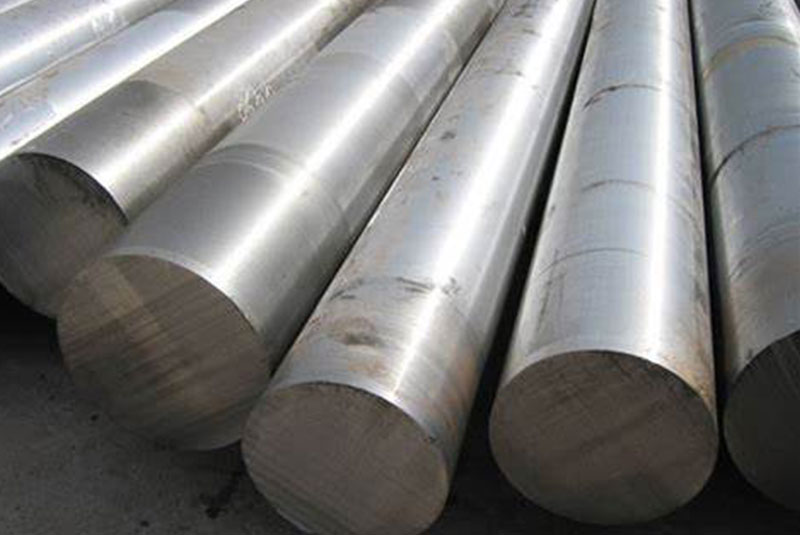
Câu hỏi thường gặp
Q: What is the difference between 4130 and chromoly steel?
A: There is essentially no difference. “Chromoly” is a common shorthand term for 4130 alloy steel, highlighting its key alloying elements: chromium and molybdenum.
Q: Can 4130 be used for firearms?
A: Yes, 4130 is a popular choice for certain firearm components due to its good strength and machinability. However, specific regulations and material specifications might apply depending on the firearm type and jurisdiction.
Q: Is 4130 rustproof?
A: 4130 is not inherently rustproof like stainless steel. While it offers some corrosion resistance, it can rust over time if not properly protected with coatings or paint.
Q: How strong is 4130 compared to other steels?
A: Compared to plain carbon steel, 4130 offers significantly higher strength. However, there are even stronger steel alloys available, but they might come with drawbacks like reduced weldability or higher cost.

